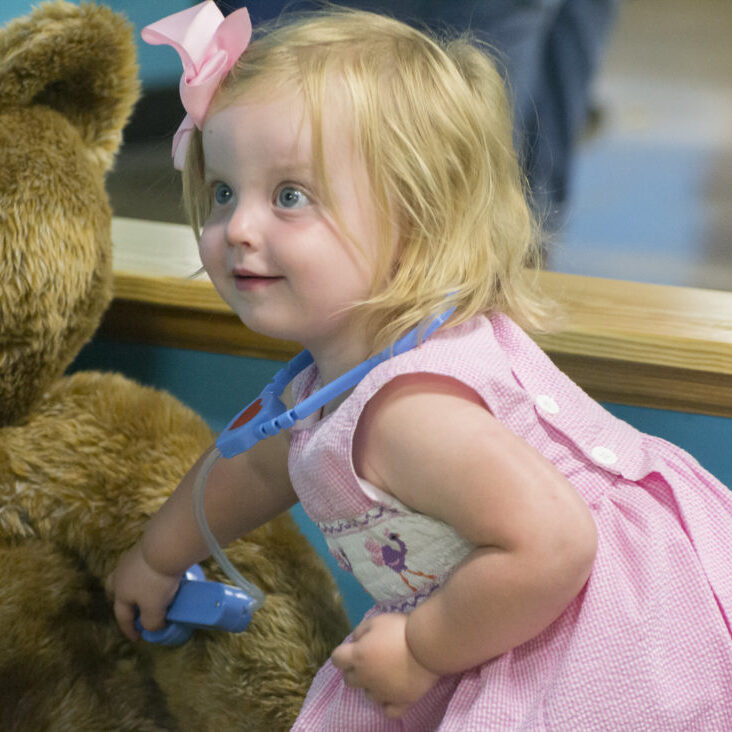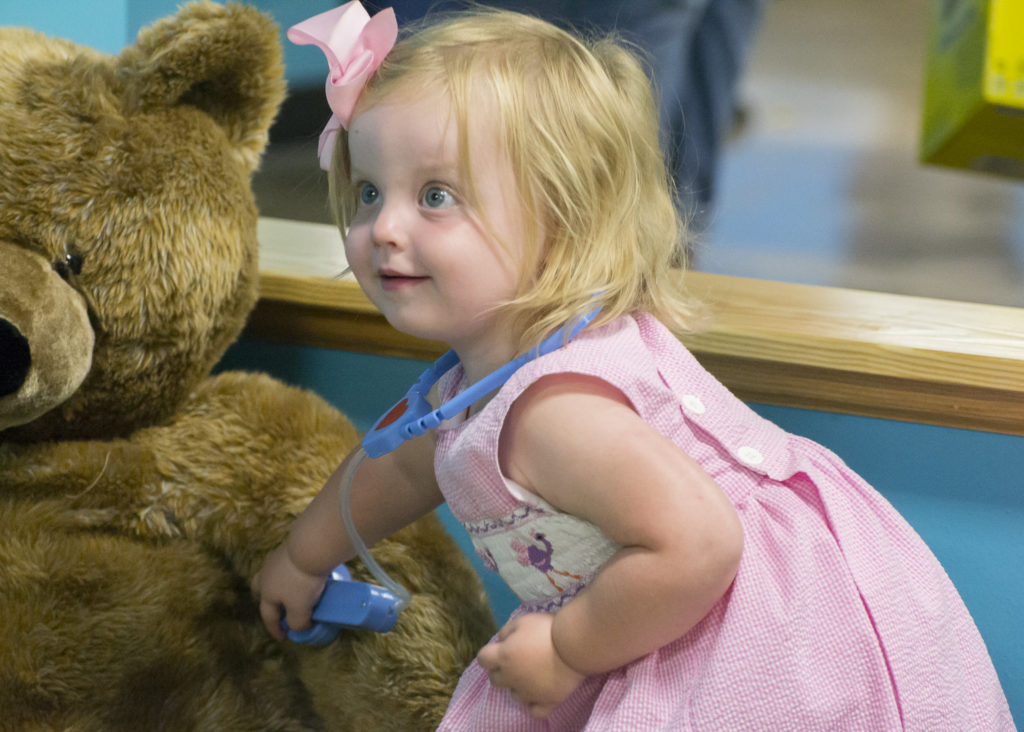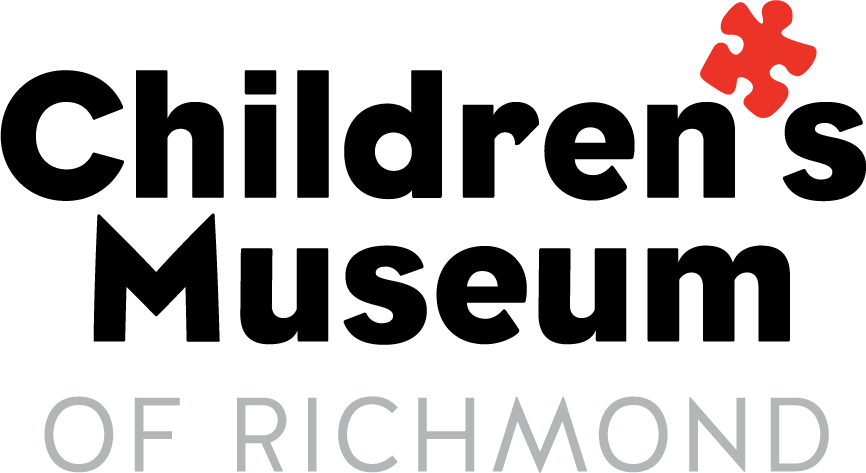Play Ahead – Early Emotions
The basic task of parents in the first year of their baby’s life is to make the child feel safe, comfortable, secure and happy. The newborn infant is totally dependent on the parent for physical needs and emotional needs. Bonding (developing a special connection with the baby) begins when the baby hears the sound of…
Published on April 4, 2020

The basic task of parents in the first year of their baby’s life is to make the child feel safe, comfortable, secure and happy.
The newborn infant is totally dependent on the parent for physical needs and emotional needs.
Bonding (developing a special connection with the baby) begins when the baby hears the sound of her parent’s voice or looks into her parent’s face. The parent-child relationship has a huge influence on an infant’s personality. A baby learns to show emotions in large part by seeing how her parents show their feelings.
Physical love is important. Baby loves being cuddled and a parent can help baby’s emotional growth by meeting baby’s smiles and affectionate efforts with more of the same. By relaxing and enjoying their time with the infant, parents will make the baby feel more comfortable and content. Talking, touching, respecting and responding to baby’s needs stimulate baby’s interest in the world and the people around her.
An infant’s ability to grow emotionally takes place over time. Inner feelings, such as how peaceful the infant feels inside to how a baby learns to relate to other people, are all a part of the way baby grows and changes. The following stages are a guide to what a parent might expect at different ages. Remember, each child is unique and babies may reach these stages at different ages.

0-3 months
• The newborn wants to be with her parent as often as possible. Basic needs for the baby, such as feeding times, are also opportunities for closeness.
• By 3 months, a need for human attention is readily noticeable and baby begins to respond to persons other than the parent who show interest in her.
• Baby smiles and coos when content and cries when hungry or uncomfortable.
4-7 months
• Baby is increasingly making more eye contact as vision improves.
• Baby is beginning to show interest in her reflection in the mirror.
• Baby is building her trust in people and her world. Her parent’s love and care-taking help her. Baby may laugh out loud.
• Around the age of 6 months baby shows her first signs of shyness or anxiety when she is with an unfamiliar adult.
• At 7 months baby begins to show both positive and negative feelings. She may get upset over loud noises or if something familiar is removed.
8-11 months
• Baby is more self confident and is becoming much better at communicating with people. She can show several feelings quite clearly.
• Baby plays peek-a-boo, pat-a-cake and bye-bye.
• Baby is more interested in other babies even though she is not yet ready to play with them.
• By 10 months baby is not only enjoying hugs and cuddles, but can return them.
• At 11 months baby begins to show her temper when she is frustrated.
• Baby is unhappy when her parent leaves and separation becomes more difficult. She shows a special dependence on her mother at this time.
• Baby can tell the difference between her parent and strangers.
12-18 months
• Now that baby is more mobile, she can express her wants in new ways. For instance, she can take you to the refrigerator for food or go after a toy across the room.
• Baby begins to show independence in small ways by letting the parent know how she feels. When she wants something, she begins to let her parent know in ways other than crying.
• Baby begins to follow simple directions.
• True tantrums begin at this time as baby tries to show she is in charge.
• Around 15 months baby is feeling both independent (she likes to make decisions without her parent’s help) and dependent (she may become clingy).
• Fears develop as baby becomes more aware of the world around her. She may be upset by unexpected changes in routine or new foods, for example.
• Baby is able to understand when parents leave her and she misses them.
• Baby loves playing games with her parent. This time together is very important to her.
Parents cannot “spoil” a baby by paying attention to needs. By cuddling, kissing and by giving of themselves to their baby, parents teach that the world is a good place to be. Parents help baby learn that good feelings can come from relationships with other people. Baby learns to trust her parents and herself. This helps build self-confidence and self-esteem.
Emotional growth can be helped by playing often with babies. Giving baby choices so she can learn to have her own ideas about what she likes and dislikes is important. Parents also need to allow the infant to have a safe space for independent play and exploration and, of course, they need to respond positively to baby’s desire for comfort, security, safety and affection. By understanding some of the basic stages of emotional development, parents can encourage their baby’s emotional growth while just having fun with their baby.
